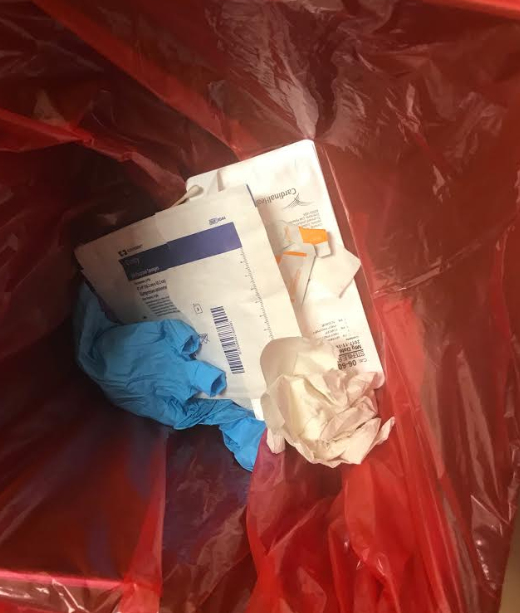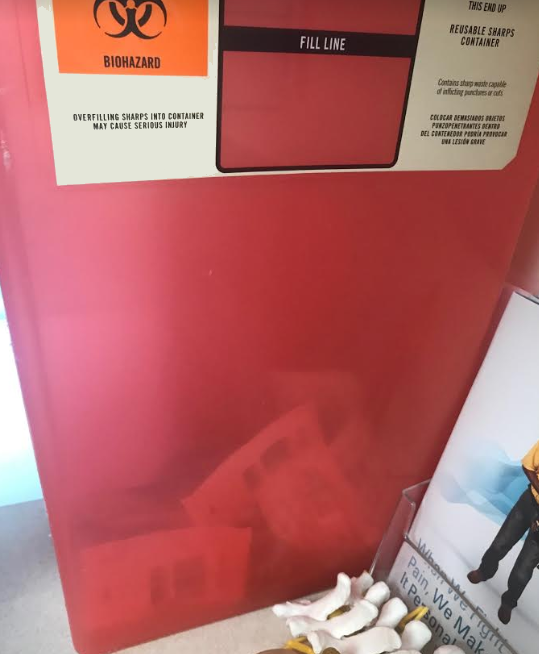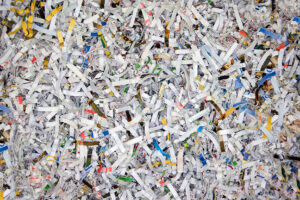If you run a clinic or doctor’s office, you will have to deal with medical waste. It is important to have a solid plan on how your business handles the waste it generates, for failing to do so could be costly and even deadly.

The consequences for not having such a plan include safety threats to your patients, staff, the general public, and even the environment. You could also face costly fines and/or lawsuits if your plan does not comply with local authorities, state, and federal agencies that regulate medical waste disposal.
The best way to avoid these issues is by thoroughly training your employees on proper waste disposal.
Unfortunately, medical staff are usually unaware of the many health and logistical problems of not properly separating waste. Many often place regular trash in medical waste receptacles, leading to many issues later on.
This can easily be solved by informing your staff on how to properly separate waste, and the consequences for not doing so. When waste isn’t separated, the volume of your medical waste goes up unnecessarily, and this can have negative implications for the environment and your facility’s bottom line.
Explain to your employees that it is much more expensive to dispose of medical waste than regular garbage, and that failing to properly separate them puts financial strains on the company. Utilize training sessions to get this across, and make use of monitoring and accountability measures.

Of course, simply telling staff about the negative consequences won’t deter the behavior, so you must make sure you have an action plan. To best encourage staff to only place medical waste in medical waste containers, your plan should include:
- Specific definitions of what constitutes medical waste and what is regular trash
- Categories of medical waste and their proper treatment
- Clear expectations and disciplinary consequences of placing regular trash in medical bins
- Ongoing monitoring of medical waste bins
- A follow-through on consequences outlined in your plan
- An annual review of your overall medical waste disposal process
Make use of company time for proper training, and consider creating a certification process for all new employees, supervised and led by knowledgeable personnel. Issue a certificate of completion to those who completed the training, and make it a requirement for employees as part of their new-hire orientation.
Check your local and federal regulatory agencies for specifics on employee training. Some may require your staff to complete certain training procedures, and some may even have resources you can use.
Keep in mind that federal and state agencies aren’t going to come in and tell how to comply with waste regulations. This is your responsibility. You must be proactive in ensuring compliance with all laws and procedures, so take this responsibility seriously.
Keep yourself updated on new regulations, and periodically retrain employees as necessary.
All of this regulation can be a bit overwhelming to understand. However, in order to run a successful business in this industry it is important to make a solid waste disposal plan to avoid compliance issues that can be costly and potentially threaten the integrity of your business. Thoroughly training your employees is an excellent first step in ensuring this doesn’t happen.










